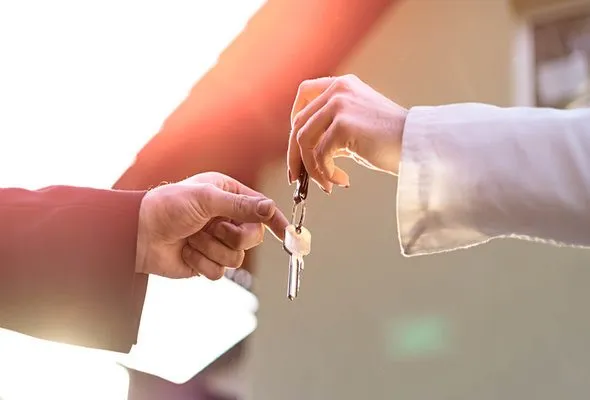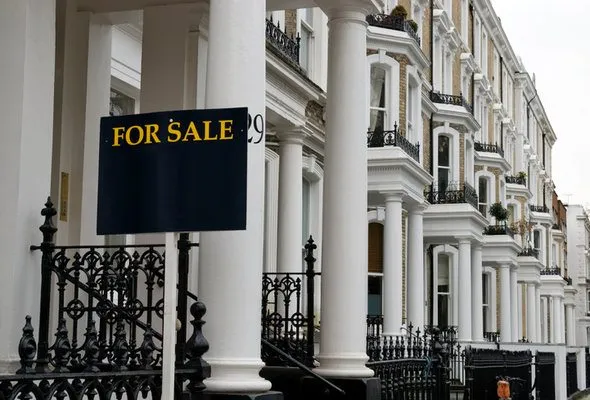Some investors say that when the real estate market gets too big, it’s bound to fail. This market condition is commonly known as a “housing bubble” and it tends to happen when home prices rise beyond what homebuyers believe to be reasonable or sustainable. Let’s break down how a housing bubble can affect your mortgage and the U.S. economy.
A financial advisor can help you create a financial plan to protect your real estate investments from a housing bubble.
What Is a Housing Bubble?
A housing bubble describes a period in the real estate industry when house prices grow to above-average. Something outside the norm, like demand, speculation, or overzealous investing, drives house prices up until they can no longer be supported. It’s a matter of limited supply and increased demand that eventually teeters too far the other direction. This means a sudden and rapid growth in supply that drives housing prices down sharply.
What Factors Cause a Housing Bubble?
Usually, a housing bubble is the result of many factors working in tandem. When the economy is doing generally well, people have more disposable income to spend on housing. When there is strong credit growth, more people are willing to take on debt. Low interest rates and loose lending standards also contribute to a housing bubble. This can lead to high levels of speculation and risky behavior, meaning there are more investors or unfit homeowners in the market. It may also cause a sharp rise in home prices, which means fewer people can afford what they normally or previously could.
Why Is a Housing Bubble Bad?
Housing bubbles affect not only the real estate market, but neighborhoods, personal wealth and the economy at large, too. Bubbles cause a lack of affordability, driving more people to look for unsavory mortgage programs. It may cause homeowners to dig into their retirement plans, meaning they’ll have to work longer just to pay the bills. After a housing bubble pops, it isn’t uncommon for people to lose their homes and/or their savings.
What Causes a Housing Bubble Pop?
It’s often difficult to identify a housing bubble until it pops. The moment comes when an increase of housing supply topples over decreasing demand. After consistent home price growth, there is a drastic drop because buyers aren’t willing to pay as much for the homes on the market. Plus, many owners may have borrowed more than their home is worth, causing more debts and a greater rate of foreclosures. The influx of foreclosures drives home prices even lower and floods the market further. In short, once the extravagant risk-taking becomes too pervasive and the supply of housing continues to increase as demand subsides, prices fall – fast.
Bottom Line

The most important takeaway from a housing bubble is that you should only borrow an amount you’re comfortable spending. A home is a big and often long-term investment. And it isn’t guaranteed that your house will appreciate in value. No matter what the market is like, you should find a reputable real estate agent you can trust. Equally important is choosing a house you can afford as well as a lender that won’t pressure you to pay more than you can afford.
Tips for Buying a Home
- If you want an extra advocate in your corner as you make important financial decisions, a financial advisor can also help you create a financial plan for your homebuying needs. Finding a financial advisor doesn’t have to be hard. SmartAsset’s free tool matches you with up to three vetted financial advisors who serve your area, and you can interview your advisor matches at no cost to decide which one is right for you. If you’re ready to find an advisor who can help you achieve your financial goals, get started now.
- If you’re planning to buy a home, SmartAsset’s mortgage comparison tool can help you compare mortgage rates from top lenders for your needs.
Photo credit: iStock.com/gilaxia, iStock.com/fazon1, iStock.com/lovro77

